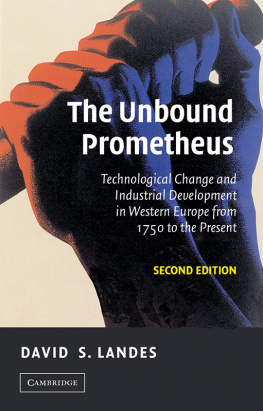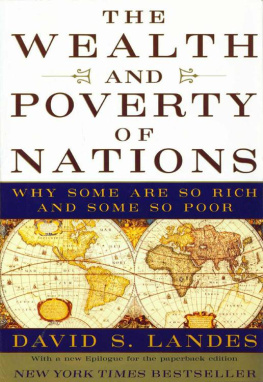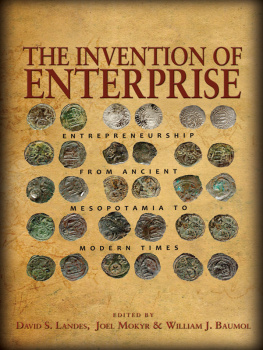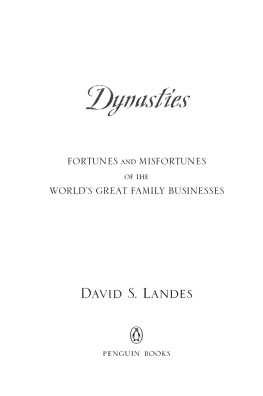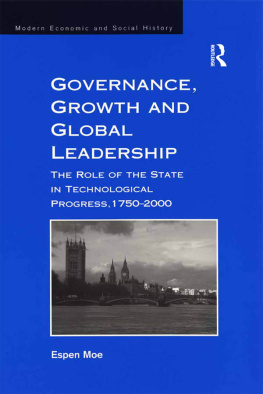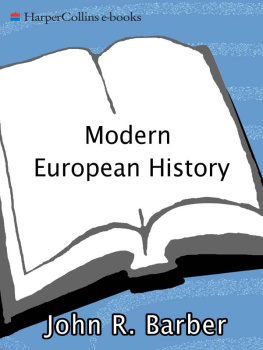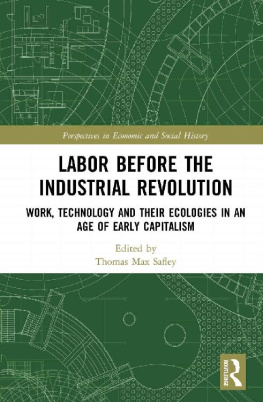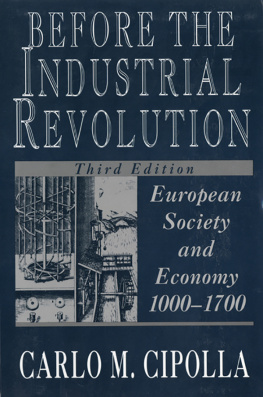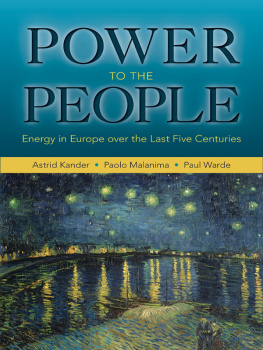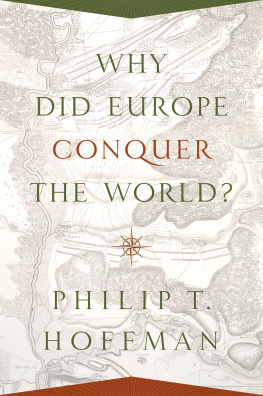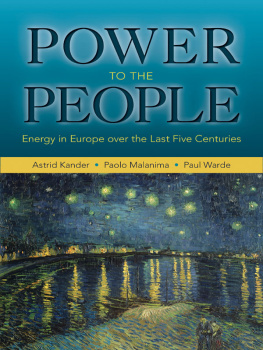THE UNBOUND PROMETHEUS
Technological change and industrial development in Western Europe from 1750 to the present
For over thirty years David S. Landess The Unbound Prometheus has offered an unrivalled history of industrial revolution and economic development in Europe. Now, in this new edition, the author reframes and reasserts his original arguments in the light of current debates about globalization and comparative economic growth.
The book begins with a classic account of the characteristics, progress, and political, economic and social implications of the Industrial Revolution in Britain, France and Germany. Professor Landes here raises the much-debated question: why was Europe the first to industrialize? He then charts the economic history of the twentieth century: the effect of the First World War in accelerating the dissolution of the old international economy; the economic crisis of 192932; Europes recovery and unprecedented economic growth following the Second World War. He concludes that only by continuous industrial revolution can Europe and the world sustain itself in the years ahead.
DAVID S. LANDES is Emeritus Coolidge Professor of History and Professor of Economics at Harvard University and the author of The Wealth and Poverty of Nations (1998).
THE UNBOUND
PROMETHEUS
Technological change and industrial
development in Western Europe
from 1750 to the present
Second Edition
DAVID S. LANDES

CAMBRIDGE UNIVERSITY PRESS
Cambridge, New York, Melbourne, Madrid, Cape Town, Singapore, So Paulo, Delhi, Dubai, Tokyo, Mexico City
Cambridge University Press
The Edinburgh Building, Cambridge CB2 8RU, UK
Published in the United States of America by Cambridge University Press, New York
www.cambridge.org
Information on this title: www.cambridge.org/9780521826662
Cambridge University Press 1969, 2003
This publication is in copyright. Subject to statutory exception and to the provisions of relevant collective licensing agreements, no reproduction of any part may take place without the written permission of Cambridge University Press.
First published 1969
Second edition 2003
Fourth printing 2008
A catalogue record for this publication is available from the British Library
ISBN 978-0-521-82666-2 Hardback
ISBN 978-0-521-53402-4 Paperback
Cambridge University Press has no responsibility for the persistence or accuracy of URLs for external or third-party internet websites referred to in this publication, and does not guarantee that any content on such websites is, or will remain, accurate or appropriate. Information regarding prices, travel timetables, and other factual information given in this work are correct at the time of first printing but Cambridge University Press does not guarantee the accuracy of such information thereafter.
CONTENTS
PREFACE
This study has a long history. It goes back to 1954, when Professor M. M. Postan asked me to write a chapter on technological change and industrial development in western Europe for the Cambridge Economic History. The subject was vast and I was soon caught up in the seamless web of the historians history; so that by the time I had reached what seemed to me to be a convenient stopping placethat point, around 1870, when the leading industrial nations of continental Europe had effected their own breakthroughs to a modern economic system and were prepared to compete with Britain on even termsI had far exceeded the space originally allotted to me. Even so, the editors of the Cambridge Economic History felt that it was not a good idea for my chapter to deviate in this manner from the general pattern of the larger volume, which was to take the story into the twentieth century; and they asked me to add a section on the period from 1870 to World War I. This was in 1958. I submitted a draft of the additional material in 1960, revised it somewhat in 19612, and the entire essay finally appeared in Volume VI of the Cambridge Economic History in 1965. Publication is a long and painful parturition.
By his time, what had begun as a chapter was as long as a book, and I thought, as did a number of readers, that it ought to appear as such. For one thing, the story was one that could stand on its own, even though certain aspects of European developmentin particular, agriculture, transportation, populationhad been reserved by the editors for treatment in other chapters; hence the deliberate use of Industrial Development in the title. For another, there was a manifest need for a general, truly comparative survey of the course of the European industrial revolution. The nearest thing to this in English has been the textbooks in economic history currently used in American colleges and universities, but a textbook has very different objectives from an interpretive essay, and these in any case go back to before World War II. Since Volume VI of the Cambridge Economic History (a double volume) is too costly for all but the most affluent students, it seemed desirable to bring the essay out separately in a less expensive format. The officers of the Cambridge University Press were good enough to accept this reasoning and encourage me in this project.
The prospect of a new edition of the essay immediately posed a difficult choice. On the one hand, the officers of the Press felt that the book would have considerably more usefulness if the story could be brought up to date, and this entailed a substantial research and writing commitment at a time when new university and personal obligations left me even less free time than usual. On the other, here was an opportunity to revise the original text to take into account the new work in European economic history that had appeared since the first writing; and given the time that had elapsed and the rapid pace of research in this field, this too was a large task. It was clear, however, that any effort to do both would delay publication considerably.
I chose to do the former, that is, bring the story up to the present, on the ground that this would do more to meet the specific needs of the constituency to which the book is directed. It remains my intention to bring out a fully revised version of the original essay. What I should like to do is not only add and modify as required by the latest findings, but broaden the geographical perspective and give more attention to the countries on the periphery of the western European industrial heartland: Scandinavia, Holland, the Mediterranean countries, the area once comprised in the Austrian empire. This, I fear, will be an even bigger job than the preparation of the chapters on the period since 1914. In the meantime, I have made a few changes in that part of the text that deals with the Industrial Revolution in Britain. This was the oldest part (the first draft goes back to 1957); also it deals with the area where research has been most active and productive. These changes, however, are not the equivalent of a systematic revision. Rather they reflect some of my own special interests and are unevenly dispersed through the chapter. The other sections remain as before, save for some corrections of errors of fact or print.
Given the format of the Cambridge Economic History, I was not able, at the time of publication of the original essay, to thank the many institutions and persons who had assisted me in its preparation and writing. The list of obligations has since grown much longer, and I am delighted to have this opportunity to express my gratitude. I shall not try to list by name the individuals who helped me with their criticism and counsel. The list would be far too long, and in view of the history of this project, I would inevitably commit the injustice of omitting some. Suffice it to say that I have profited from the knowledge and wisdom of some of the best men in history, economics, economic history, and related disciplines; and that whatever the merits or defects of this essay, it is far better than it would have been had I been confined to my own resources. To all of these friends and colleagues, I am grateful.
Next page
